When it comes to car ownership, one of the inevitable aspects every owner must face is depreciation—the loss in value of a car over time. Understanding how quickly your car depreciates is crucial for financial planning, especially if you intend to sell or trade it. The depreciation rate can vary widely depending on several factors, including the make and model, the car’s condition, and the current market demand. This article delves into the intricacies of car depreciation, exploring the factors that influence how swiftly a car loses value, model-specific trends, and strategies to minimize financial loss.
Contents
- 1 Understanding Car Depreciation
- 2 Factors Influencing Depreciation
- 3 The Initial Drop: New vs. Used
- 4 Model-Specific Depreciation Trends
- 5 How Mileage and Condition Affect Depreciation
- 6 The Role of Technology and Features
- 7 Calculating Your Car’s Depreciation
- 8 Strategies to Minimize Depreciation
- 9 The Bottom Line
Understanding Car Depreciation
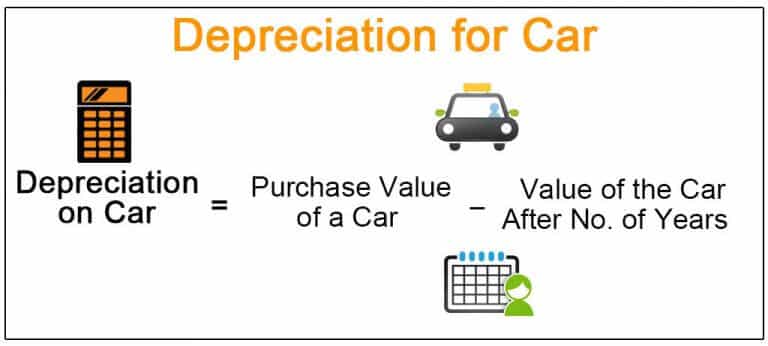
Car depreciation is a significant aspect of vehicle ownership that impacts the total car cost. Depreciation is the difference between a car’s purchase price and its value at the time of sale or trade-in. The rate at which a car depreciates can be influenced by many factors, including its brand, model, market trends, and how new the car is. Understanding these dynamics is crucial for any car owner or prospective buyer as it affects the vehicle’s resale value and the owner’s financial outlay over time.
Despite its inevitability, many car owners overlook depreciation when purchasing a vehicle, focusing instead on fuel efficiency, insurance costs, and maintenance. However, depreciation often constitutes the largest expense in owning a car. Cars typically lose the most value within the first few years of ownership, with the depreciation rate slowing down as the car ages. This phenomenon underscores the importance of considering depreciation as a key factor in the total cost of ownership.
Factors Influencing Depreciation

The rate at which a vehicle depreciates is not uniform across all models and makes; it is subject to various influences. Primary among these is the brand and model of the vehicle. Luxury and high-end cars often depreciate faster than economy or mid-range models due to their higher initial costs and limited market demand. Furthermore, the current economic conditions and consumer preferences play a significant role in determining a car’s resale value, impacting how quickly it depreciates.
Another critical factor is the supply and demand in the used car market. Vehicles in high demand tend to depreciate slower as they are more likely to retain their value over time. Conversely, cars with a reputation for reliability issues or high maintenance costs can see their values plummet rapidly. External factors, such as fuel price fluctuations and advancements in automotive technology, can also influence depreciation rates, making some models obsolete or less desirable faster than anticipated.
The Initial Drop: New vs. Used
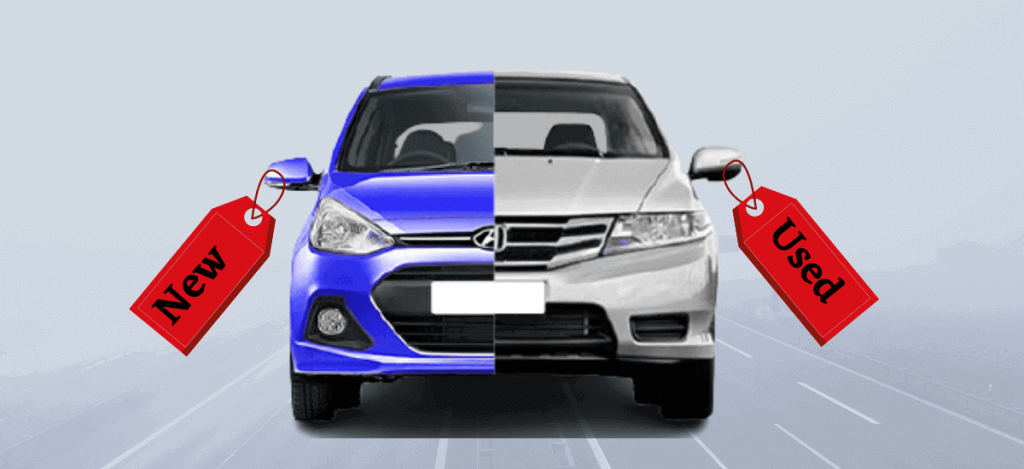
One of the most significant depreciation hits occurs when a new car is driven off the dealership lot. It is not uncommon for a new vehicle to lose as much as 20% of its value within the first year of ownership. This steep decline continues over the next few years, stabilizing only after the vehicle has aged significantly. This initial depreciation is a critical consideration for buyers, as opting for a slightly used vehicle can offer a much better value proposition, allowing the buyer to avoid the brunt of the depreciation curve.
Comparatively, used cars experience a slower rate of depreciation. After the initial rapid decline, the value of a vehicle depreciates at a more gradual pace, making used cars an attractive option for savvy buyers looking to maximize their investment. This does not imply that used cars do not depreciate; rather, the depreciation rate is less severe, offering a potentially higher resale value relative to their purchase price than their new counterparts.
Model-Specific Depreciation Trends
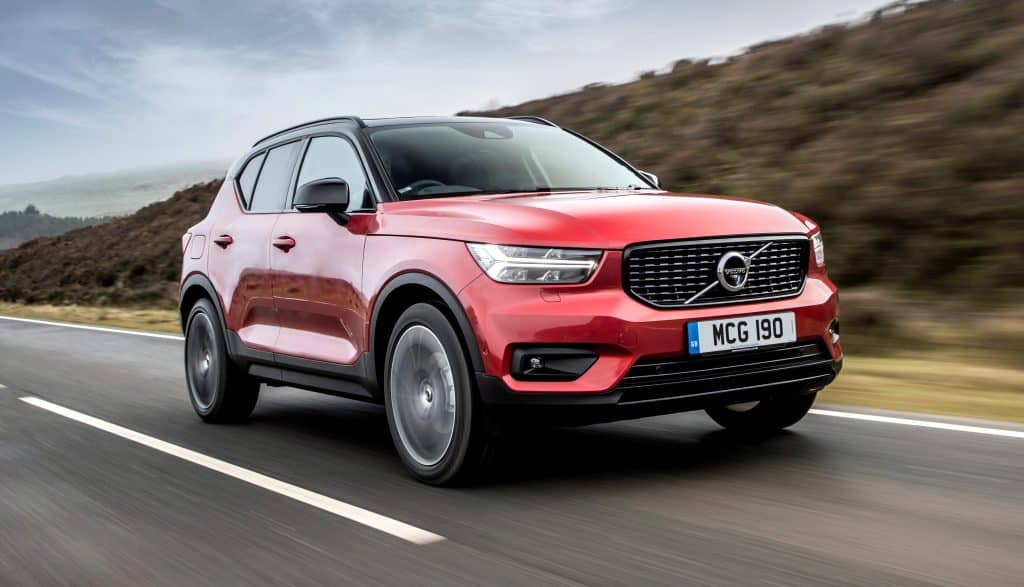
Depreciation rates can vary widely between car models and brands, influenced by reliability, demand, and overall reputation. Some models are known for holding their value exceptionally well, often due to durability, popularity, and brand loyalty. For instance, certain sports cars and well-regarded SUVs can maintain a high resale value over time, making them less costly to own in terms of depreciation.
On the other end of the spectrum, luxury vehicles often suffer from rapid depreciation despite their initial appeal and superior features. High costs, expensive maintenance, and a smaller pool of potential buyers contribute to their faster decline in value. This disparity in depreciation rates highlights the importance of researching specific models and brands when considering a car purchase, as choosing a vehicle with a lower rate of depreciation can significantly reduce the cost of ownership over time.
How Mileage and Condition Affect Depreciation
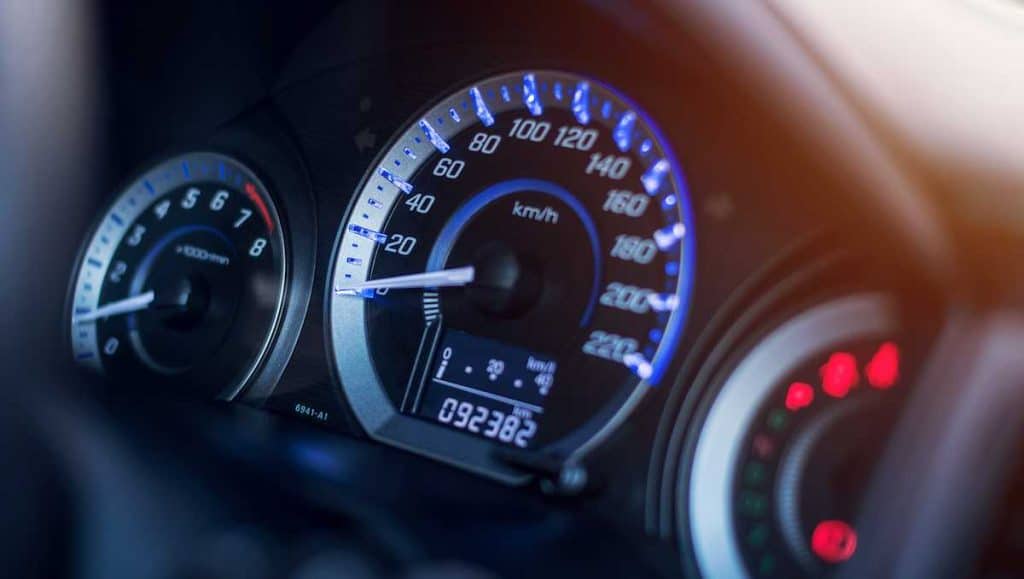
The mileage and condition of a vehicle play pivotal roles in determining its depreciation rate. Cars with higher mileage generally depreciate faster than those with lower mileage due to wear and tear and the increased likelihood of needing repairs. Consequently, keeping mileage low can help maintain a car’s value, though this may not always be practical for every owner.
Both mechanically and aesthetically, well-maintained vehicles tend to retain their value better over time. Regular servicing, timely repairs, and keeping the car clean can substantially affect its resale value. Conversely, cars with a history of accidents, neglect, or extensive wear and tear depreciate much faster. This underscores the importance of consistent maintenance and care in mitigating depreciation.
Furthermore, modifications to a vehicle can also affect its depreciation rate. While some aftermarket additions might appeal to certain buyers, most modifications do not increase a car’s resale value and can even accelerate depreciation. Owners must consider how changes to the vehicle might impact its market appeal and, consequently, its value.
The Role of Technology and Features

Technology and features significantly influence a car’s depreciation in today’s rapidly evolving automotive landscape. Vehicles with the latest technology and safety features tend to be more desirable, potentially slowing their depreciation rate. Features such as adaptive cruise control, collision avoidance systems, and connectivity options can make a vehicle more appealing to future buyers, thereby retaining more of its value.
However, the flip side is that technology can quickly become outdated, and what’s cutting-edge today may be considered obsolete in a few years. This rapid technological advancement can lead some vehicles to depreciate more quickly as newer models with updated features enter the market. Owners should weigh the benefits of current technology against the potential for quicker depreciation due to technological obsolescence.
Calculating Your Car’s Depreciation
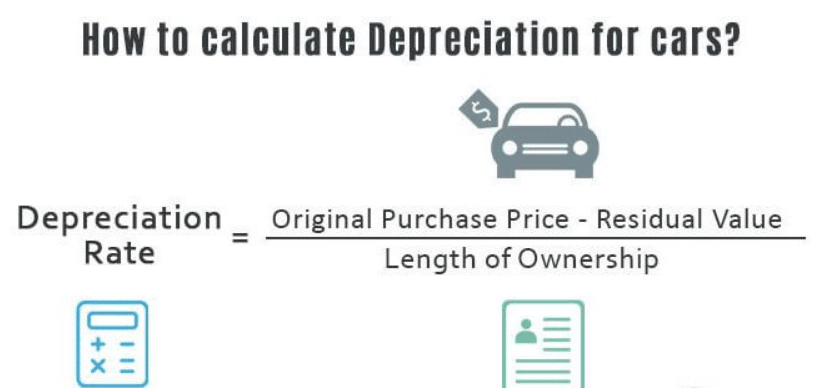
Understanding and calculating the depreciation of a car can seem daunting, but it’s essential for making informed financial decisions regarding vehicle ownership. The basic formula for calculating depreciation involves subtracting the car’s estimated value from its purchase price at the end of a given period. This calculation can be nuanced, requiring understanding the specific factors that affect a particular vehicle’s depreciation rate.
Several online tools and resources are designed to help car owners estimate their vehicle’s depreciation, such as depreciation calculators that consider make, model, age, and mileage. These tools provide a valuable reference for owners looking to gauge their vehicle’s current and future value, helping them to plan for sale or trade-in and minimize financial loss over time.
Strategies to Minimize Depreciation
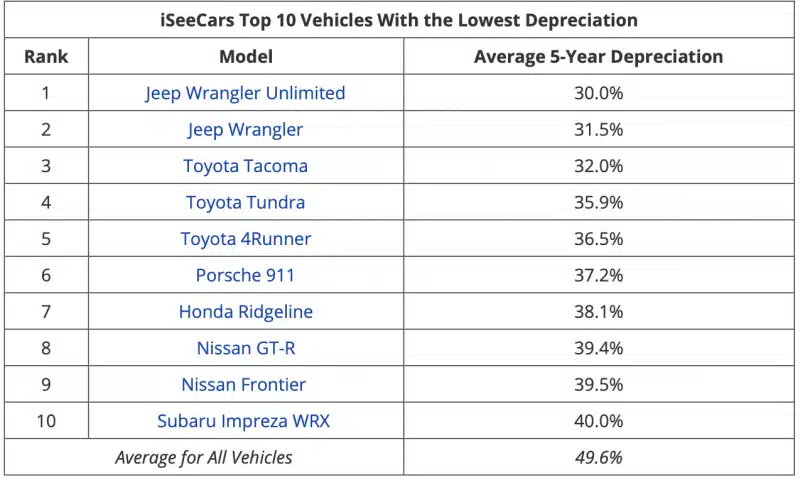
While depreciation is inevitable, there are strategies car owners can employ to minimize their financial impact. One effective approach is selecting a car known for its low depreciation rate. Doing thorough research and choosing a vehicle with a strong track record of value retention can save owners a significant amount in the long run. Additionally, maintaining the car in excellent condition, both mechanically and cosmetically, can help preserve its value.
Another strategy involves mindful ownership practices, such as limiting mileage and avoiding unnecessary wear and tear. Timing can also play a crucial role for those looking to sell or trade in their vehicle. Selling before a major depreciation milestone, such as the expiration of a warranty or the release of a new model, can help maximize the car’s resale value.
The Bottom Line
Car depreciation is a significant factor in the total cost of vehicle ownership, affecting every car owner’s financial bottom line. Owners can make informed decisions that mitigate this inevitable financial impact by understanding the factors that influence how quickly a car depreciates. From choosing the right model to maintaining the vehicle and timing the sale, numerous strategies exist to preserve a car’s value and ensure a more favorable financial outcome. Knowledge and proactive depreciation management can ultimately lead to more rewarding car ownership and savvy financial planning.


